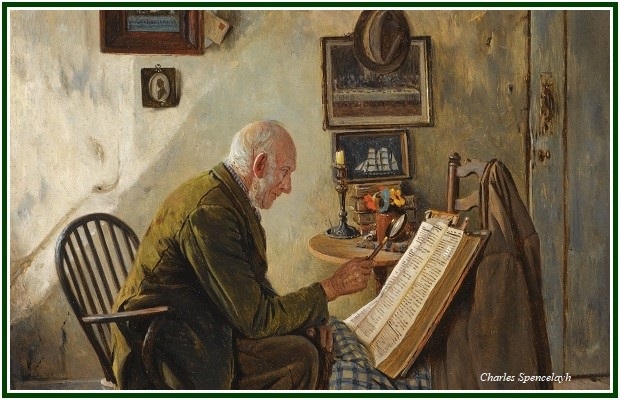
An Effective Study Leads to Humbleness
Carlos Cardoso Aveline

Superficial minds have opinions about nearly every subject. He who possesses scarce knowledge pretends to himself that he knows it all.
The less one searches for truth, the more one can think his knowledge is vast, and his wisdom, immense. “Personal opinion” is used as a pretext by those who do not want to learn. The general attitude of one who seems to know-it-all is used as a mask to hide his own mental laziness. Ignorance is shy, and covers itself under the appearance of opinion.
On the other hand, he who searches for truth can see the enormity of that which he ignores.
While reading a book, a pilgrim often comes across dozens of possible lines of study and research, many of which he will not have the time to develop.
As we make progress along the path to wisdom, the more we learn, the more we perceive our ignorance. As a result, we develop working hypotheses, instead of mere blind opinions. We may have firm positions and points of view, but they are subject to critical examination; and, as they are questioned, they evolve.
He who cares nothing for learning leaves aside the arduous path to real knowledge. A naive individual is often not prepared to live with unknown factors; in order not to see his own ignorance, he takes refuge in the childish assumption that he already knows it all.
In theosophy, the correct thing to do is to adopt a realistic viewpoint. By living with common sense one can gradually attain a lasting victory. The process of learning something of great value brings us numerous lessons in patience and humbleness, and Narada, the ancient Hindu philosopher, said:
“Never utter these words: ‘I do not know this – therefore it is false’. One must study to know, know to understand, understand to judge.” [1]
NOTE:
[1] Quoted by Helena P. Blavatsky in her book “Isis Unveiled”, published by J.W. Bouton in New York, 1877, see vol. I, p. 628. Click to see the book in our associated websites: “Isis Unveiled, Volume I”.
000
The article “Opinion, Research and Knowledge” was published as an independent item in the associated websites on 29 April 2020. An initial and anonymous version of it is part of the November 2018 edition of “The Aquarian Theosophist”, pages 3-4.
000
Click to read “Real Knowledge”, by Damodar K. Mavalankar, “How to Obtain Self-Knowledge”, by Helena P. Blavatsky, and “No Religion Higher Than Truth”, by CCA.
000